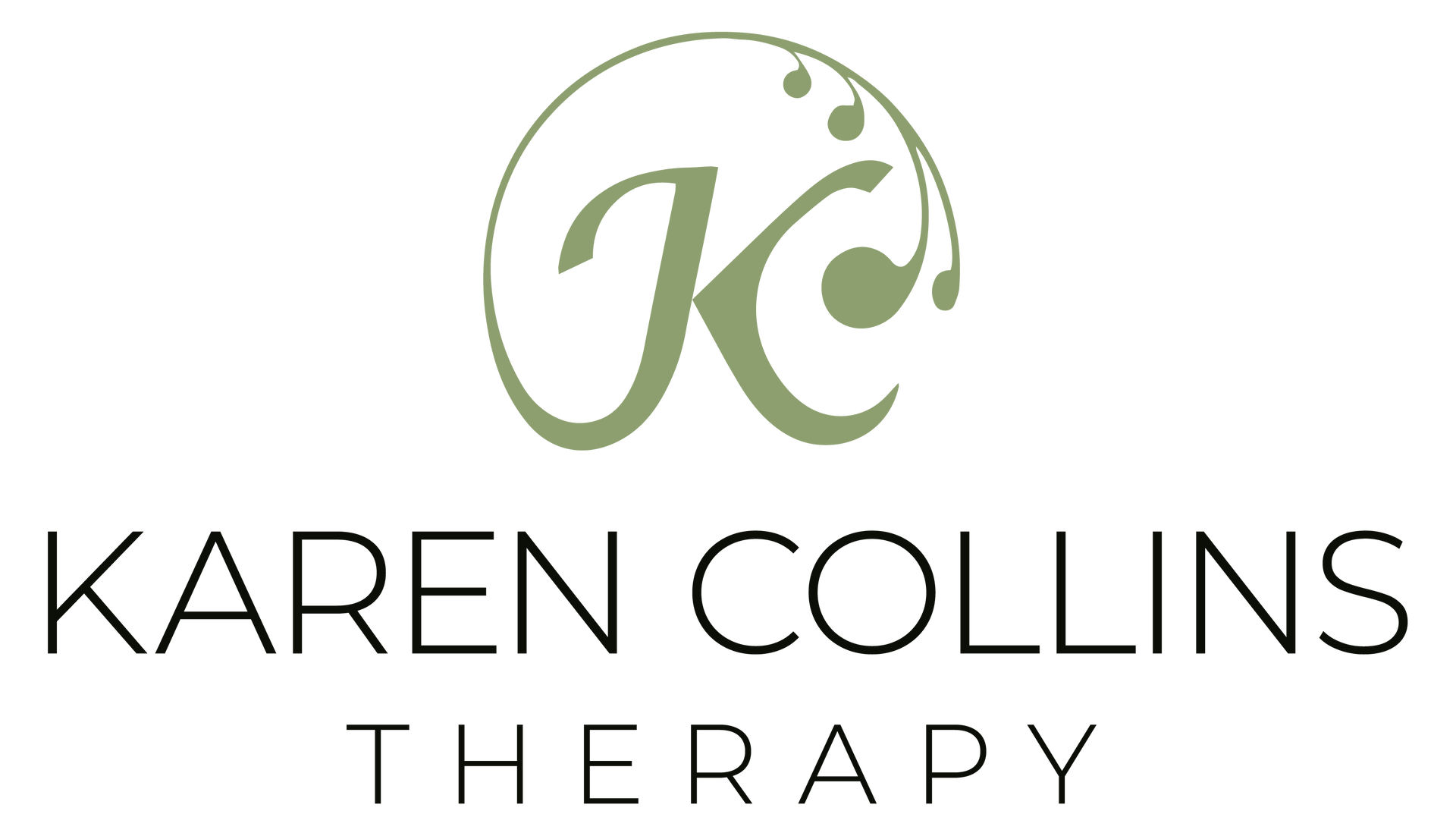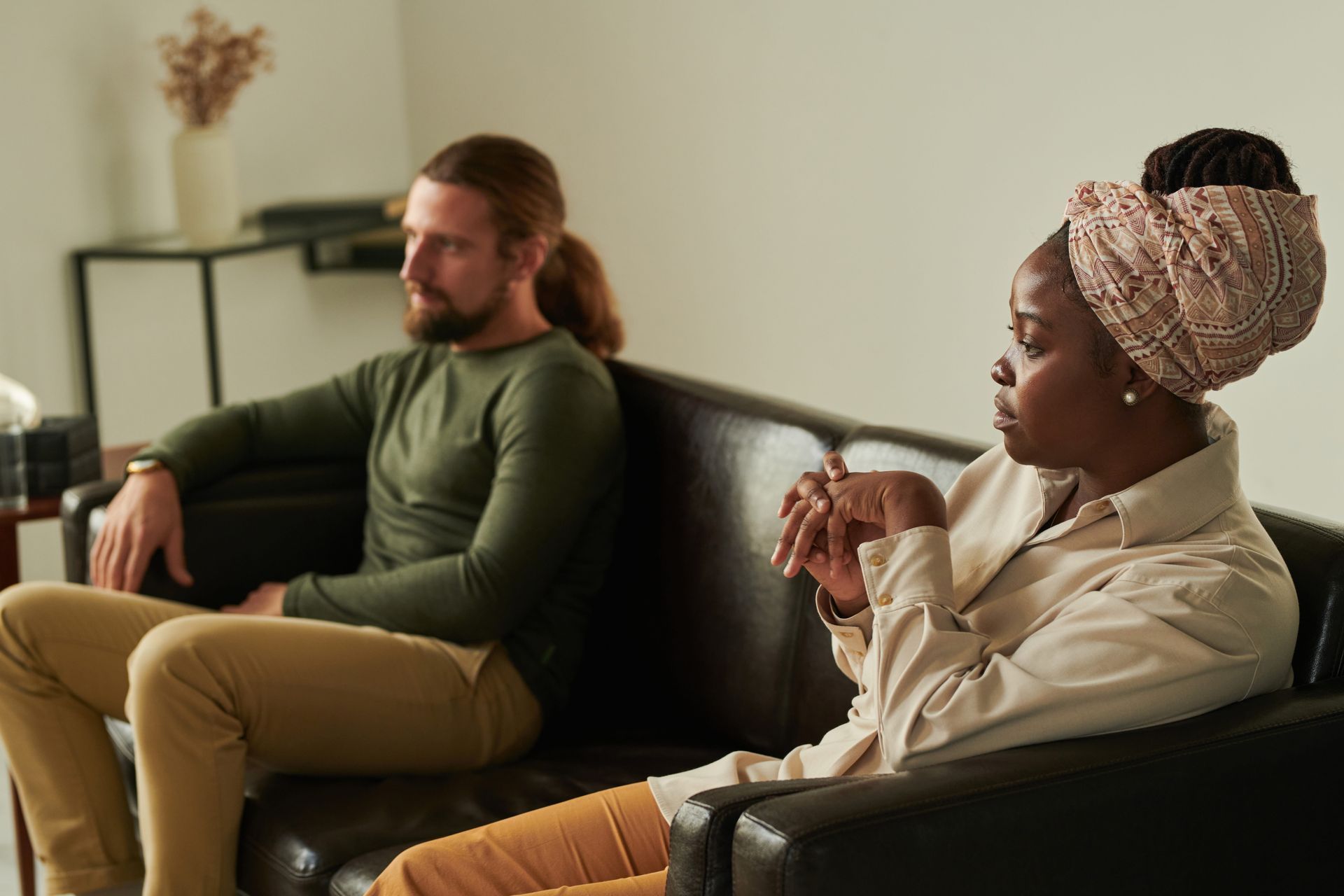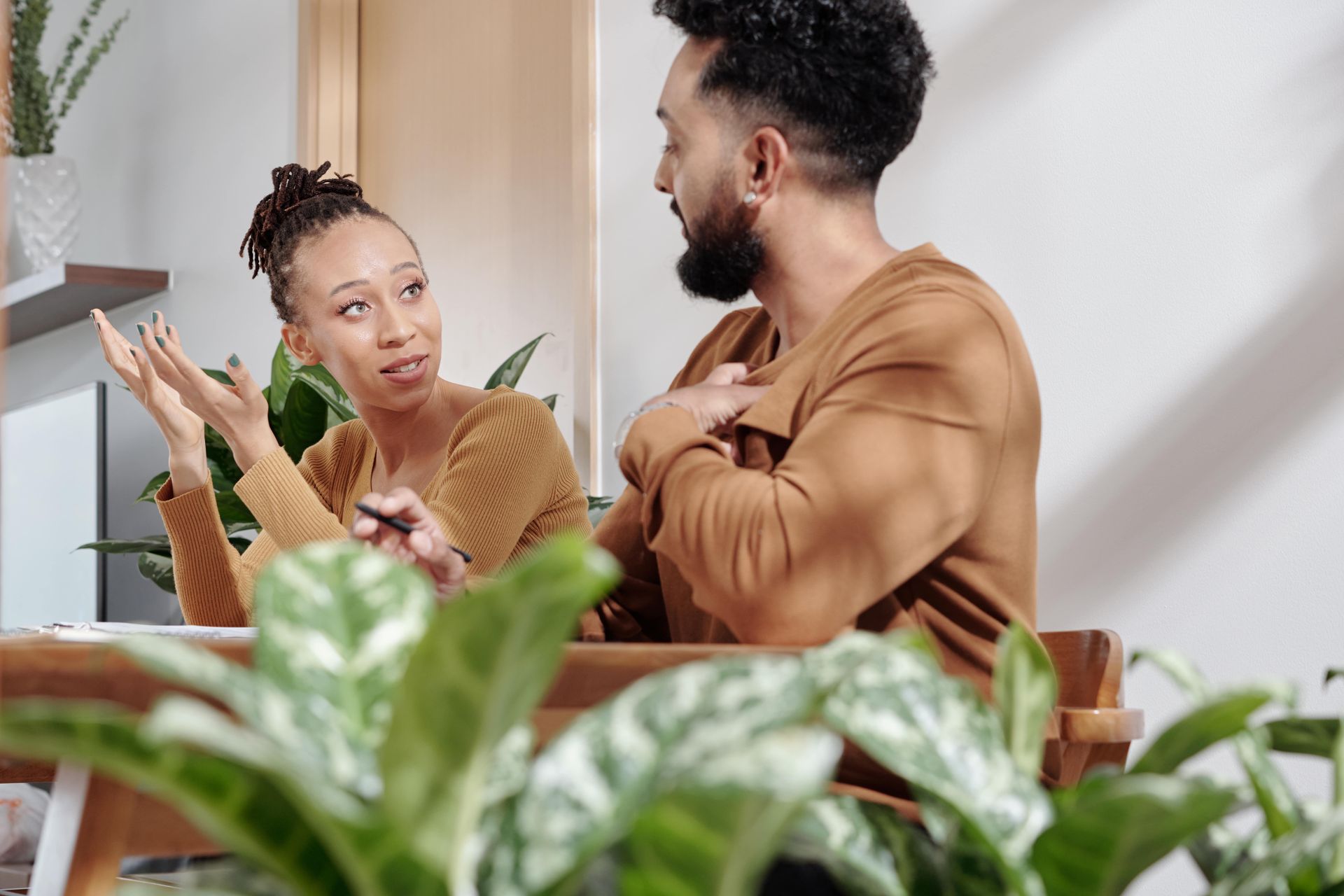GLP-1 Drugs, Food Addiction, and Mental Health: A Comprehensive Look
In recent years, GLP-1 receptor agonists like semaglutide (commonly known by brand names like Wegovy and Ozempic) have emerged as transformative treatments for obesity and type 2 diabetes.
These medications, originally developed to regulate blood sugar levels, have gained recognition for their ability to suppress appetite and promote significant weight loss. But beyond their physical benefits, GLP-1 drugs hold the potential to reshape how we understand food addiction and its intricate ties to mental and emotional health.
Understanding GLP-1 Drugs
GLP-1, or glucagon-like peptide-1, is a hormone that plays a vital role in regulating appetite and insulin secretion. GLP-1 receptor agonists mimic this hormone, slowing gastric emptying and signaling the brain’s appetite control centers.
This results in reduced hunger, fewer cravings, and a heightened sense of satiety, factors that make them particularly effective for individuals struggling with overeating or food addiction.
Food Addiction: More Than Just Willpower
Food addiction is a complex condition characterized by compulsive eating behaviors, cravings, and an inability to control food consumption despite negative consequences. Unlike general overeating, food addiction shares similarities with substance use disorders.
Highly palatable foods, often rich in sugar, fat, and salt, can hijack the brain’s reward pathways, triggering dopamine surges and reinforcing addictive behaviors.
GLP-1 drugs address food addiction at its root by dampening the brain’s response to these cues. Studies suggest that these medications can reduce the reward-driven desire for unhealthy foods, making it easier for individuals to break free from the cycle of addiction. However, food addiction doesn’t exist in a vacuum; it’s often deeply intertwined with mental and emotional health.
The Mental and Emotional Health Connection
Many individuals with food addiction struggle with underlying mental health issues such as anxiety, depression, or trauma. Eating can become a coping mechanism, offering temporary relief from emotional pain but leading to a cycle of guilt, shame, and further overeating. GLP-1 drugs can help interrupt this cycle by reducing cravings and emotional eating tendencies. However, they are not a standalone solution.
Addressing the Whole Person
For sustainable recovery from food addiction, a holistic approach is essential. While GLP-1 drugs can reduce physical cravings, mental health support is crucial for addressing the emotional triggers behind overeating. Therapies like cognitive-behavioral therapy (CBT) or somatic coaching can help individuals develop healthier coping mechanisms, reframe their relationship with food, and process underlying emotional pain.
Body Image and Self-Esteem
Weight loss achieved through GLP-1 drugs can lead to improved self-esteem and body image, but it’s essential to recognize that these changes alone won’t resolve deeper emotional struggles. For many, body image issues stem from societal pressures and long-standing insecurities that require intentional, compassionate work to heal.
A Balanced Approach to Treatment
Integrating GLP-1 drugs into a comprehensive treatment plan for food addiction and mental health involves:
- Medical Supervision GLP-1 drugs should be prescribed and monitored by healthcare providers to ensure safety and effectiveness. Regular check-ins can help address any side effects and fine-tune the treatment plan.
- Therapeutic Support Pairing medication with therapy can address the emotional and psychological aspects of food addiction. This might include individual counseling, group therapy, or coaching tailored to the individual’s needs.
- Nutritional Guidance Working with a registered dietitian can help individuals rebuild a healthy relationship with food, emphasizing nourishment and balance rather than restriction.
- Mind-Body Practices Incorporating mindfulness, yoga, or somatic practices can help individuals reconnect with their bodies, manage stress, and develop greater self-awareness.
Conclusion
GLP-1 drugs offer a promising pathway for addressing food addiction and its physical, mental, and emotional ramifications. By reducing cravings and promoting weight loss, they can create the space for individuals to tackle the deeper issues at play. However, true healing requires a holistic approach that combines medical treatment with emotional and mental health support.
Food addiction is not a failure of willpower; it’s a complex interplay of biology, psychology, and environment. By acknowledging this complexity and embracing a balanced treatment approach, individuals can find freedom from food addiction and move toward a healthier, more fulfilling life.
You don’t have to navigate this journey alone. Contact me to schedule a consultation and see how I can provide personalized strategies and compassionate support to help guide you.












